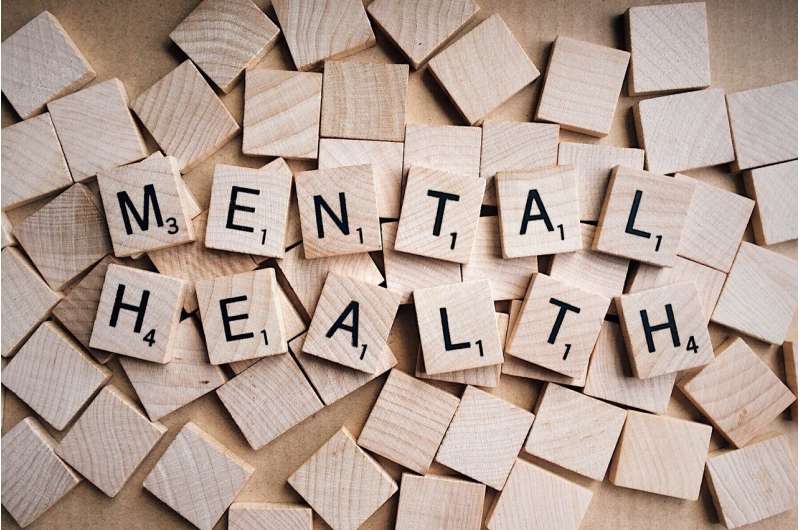Widespread Decline in Maternal Mental Health Across the United States

A latest study reveals a significant decline in maternal mental health in the US from 2016 to 2023, highlighting the urgent need for targeted support and intervention strategies.
A recent comprehensive study published in JAMA Internal Medicine highlights a troubling drop in maternal mental health in the U.S. between 2016 and 2023. Conducted by researchers from Columbia University's Mailman School of Public Health, the research analyzed data from over 198,000 mothers participating in the National Survey of Children's Health, offering a nationally representative perspective. Most of these mothers were over 30 and had children who were privately insured or identified as non-Hispanic White.
The findings reveal that the percentage of mothers rating their mental health as excellent decreased significantly from 38% in 2016 to just 26% in 2023. Similarly, those reporting excellent physical health declined from 28% to 24%. A concerning rise was observed in mothers perceiving their mental health as fair or poor, increasing by 3.5 percentage points over the eight-year span, which constitutes a 63.6% rise from a baseline of 5.5% in 2016. Notably, these mental health declines began before the COVID-19 pandemic and persisted across various socioeconomic groups.
The study also noted declines in physical health among fathers, though less severe, with the rating of excellent health dropping from 30% to 26.4%. Across all periods, mothers consistently reported worse health outcomes than fathers.
Disparities were evident, with lower educational attainment, single motherhood, and having children with Medicaid or without insurance correlating with higher rates of poor mental and physical health. The researchers emphasized the serious intergenerational impacts of maternal mental health issues, including risks such as adverse birth outcomes, developmental delays, and mental health problems in children.
Jamie Daw, Ph.D., emphasized that maternal mood disorders can affect children directly and indirectly through associated risks like substance use and economic hardship. The study underscores the urgent need for targeted interventions to improve maternal mental health, which in turn benefits child health outcomes. It also calls for more comprehensive research and policy support focused on parental well-being.
The findings serve as a call to action for healthcare providers and policymakers to prioritize maternal mental health, especially considering its critical role in family and child development.
Source: MedicalXpress
Stay Updated with Mia's Feed
Get the latest health & wellness insights delivered straight to your inbox.
Related Articles
Psychologists Propose a New Path to a Fulfilling Life: Embracing Curiosity and Challenge
Discover how embracing challenges and diverse experiences can lead to a more psychologically rich and fulfilling life, as explored in groundbreaking research on well-being.
APA Advocates for Safeguards and Education to Protect Adolescents from AI Risks
The APA recommends protective measures and educational initiatives to ensure the safe use of AI by adolescents, emphasizing the importance of safeguards, privacy, and literacy to prevent risks and promote healthy development.



